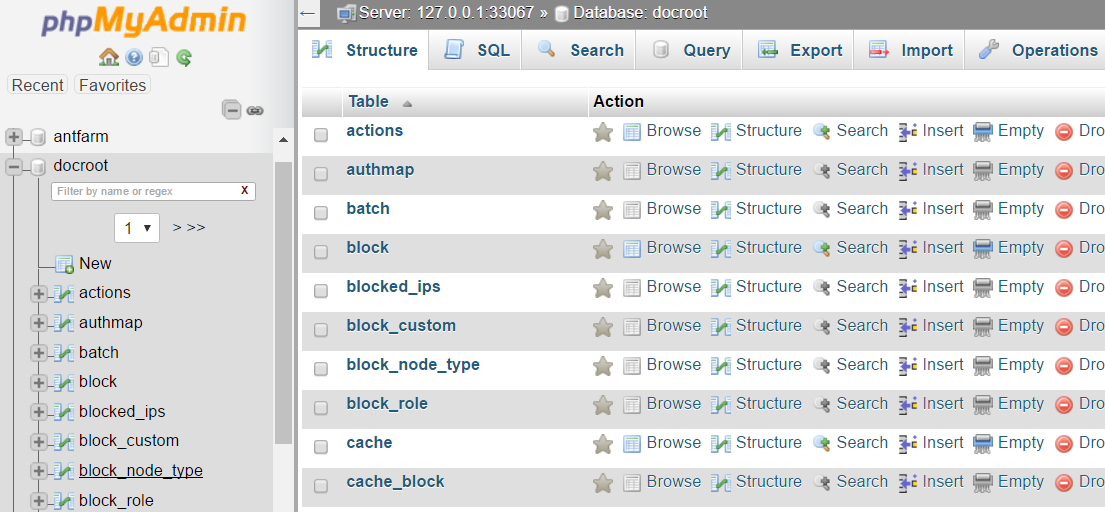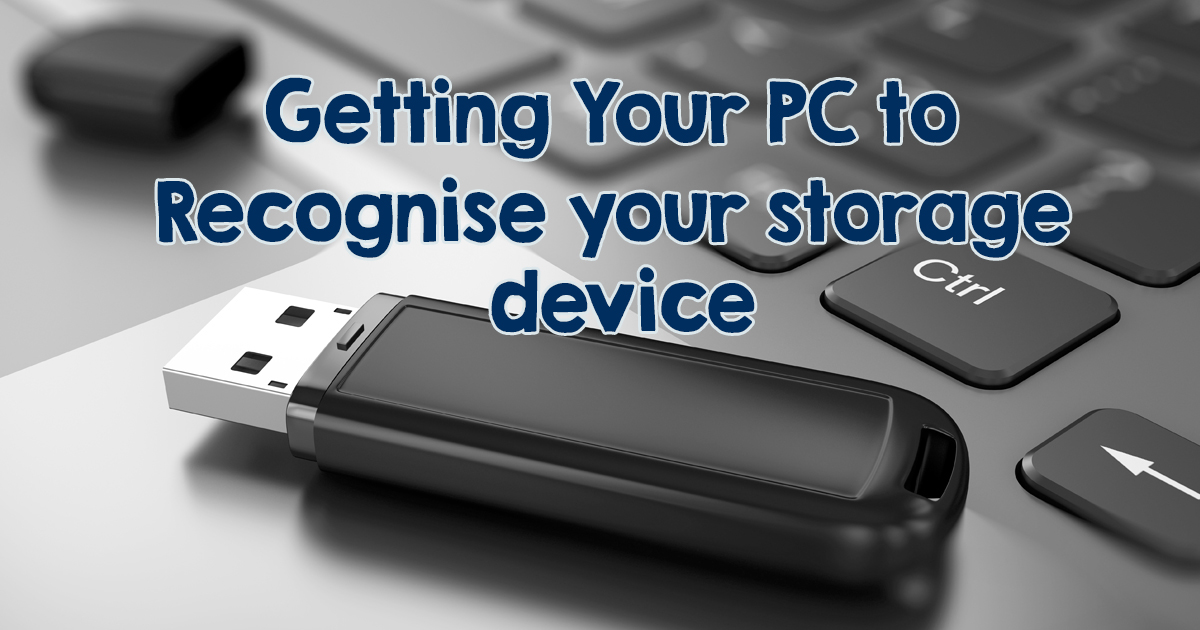

Its not uncommon for some one to hack a website and change both the password and email address of an account. When this happens, its impossible to reset your password the normal way as the reset link is being sent to the new email address assigned to the account.
To fix this you will need to access your websites database and change the password/email combination manually. There are two methods of changing the combination, the first doesn’t require any coding, while the second method requires a bit of MySQL but is quicker.
This method is the one I would recommend to any one who doesn’t have any experience with MySQL. It’s relatively straight forward and minimizes the risk of breaking your database.
Find the PHPMyAdmin option in your cPanel, or which ever hosting panel you have.
Look for the database that corresponds with the site you want to gain access to. For more common frameworks like WordPress, your database should start with _wp followed by a group of numbers. If you created a custom name for your database then select that database.
Navigate to the wp_users tab and select it. Find the user who’s password you want to change and click the “edit” button to the left of the user name.
In the user_pass section, change the function to MD5 and enter a new password in the Value column. If you need to, you can also change the email address in the email section.
Once you are happy with the values you’ve entered, save the new values by clicking the go button at the bottom of the page.
I would advise that you only use this method if you have some experience with coding. The only real difference between the two is how much you want to feel like a kick ass hacker in front of your co-workers.
Find the PHPMyAdmin option in your cPanel, or which ever hosting panel you have.
Look for the database that corresponds with the site you want to gain access to. For more common frameworks like WordPress, your database should start with _wp followed by a group of numbers. If you created a custom name for your database then select that database.
Navigate to the wp_users tab and select it. Find the user who’s password you want to change and click the “edit” button to the left of the user name.
Select the SQL or MySQL tab above the table structure.
Enter the following code:
UPDATE `wp_users` SET `user_pass`= MD5(‘yourpassword’) WHERE `user_login`=’yourusername’;
Replace “yourpassword” with the password you will use to login and replace “yourusername” with your WordPress username.
Once you are happy with the values you’ve entered, save the new values by clicking the go button at the bottom of the page
Congratulations, you’ve reset your password through the database. You can now navigate to your website and login in with your new details.
Imagine that you are working on a project at work or you have media that you really enjoy on your PC at home. One day you decide to give your PC a clean and start deleting files all over the place. When you sit down to work again you realise that you’ve accidentally deleted a very important file and panic sets in. What do you do?
Today we are going to show you how easy it is to recover files and media from your hard drive. In most cases, your deleted files are recoverable even if you’ve emptied them from the Recycle Bin. Chances are, your data is still somewhere on your PC. You just have to find it.
Before we begin though you will need to understand that while most data is recoverable this may not always be the case.
To understand why, you need to understand how data storage works. Inside of a computer is a hard drive where all data is stored. When a file is deleted that information is not wiped out, but rather tagged with a delete order which lets other applications on your PC know that information can be overwritten. That is why a recovery should be performed as soon as possible to avoid the original data being overwritten completely.
There are three ways to go about recovering data. The first is pretty simple. Assuming you haven’t emptied your recycle bin since you deleted your file you can simply restore the data from there.
Ta-da. Your file is back where it belongs and you can continue working on it.
If you are a responsible PC user and you have a backup of your system, you can recover files using your backup state.
To do this you will need to make sure that the drive your backup is saved on is available. If you backed up your system to a portable hard drive then make sure it is plugged in to your computer.
Restoring from a previous version or a shadow copy means that you are restoring a copy of the data made by windows at some point in time. This works well for the most part but if Windows hasn’t saved the very latest version yet you may end up with a file that is one or more versions behind the one you deleted.
Warning
The file or folder replaces the current version on your computer, and the replacement can’t be undone.
When all else fails its time to call in some help. Luckily there are many free data recovery apps out there that can help you get your files back. Just be careful of what you download as some software can come with unwanted extras. Tools like Recuva, DiskDigger and iSkysoft Data Recovery are good solutions.
We hope that this helped you recover those all important work files, however, if you are still having problems the friendly DigiWorks support team is more than happy to help you. Head over to our support page for more help.


Windows 10 has finally been released to the public, and everyone with a genuine copy of windows 7 or 8.1 can upgrade to Windows 10 for free, albeit for a limited time only. The question is how do we get it done, quickly and simply?
The answer to that question is Digiworks, we are here to help you through the process, and if after this tutorial, you still feel uncomfortable upgrading to Windows 10, contact us here and we will assist you through the process. (more…)